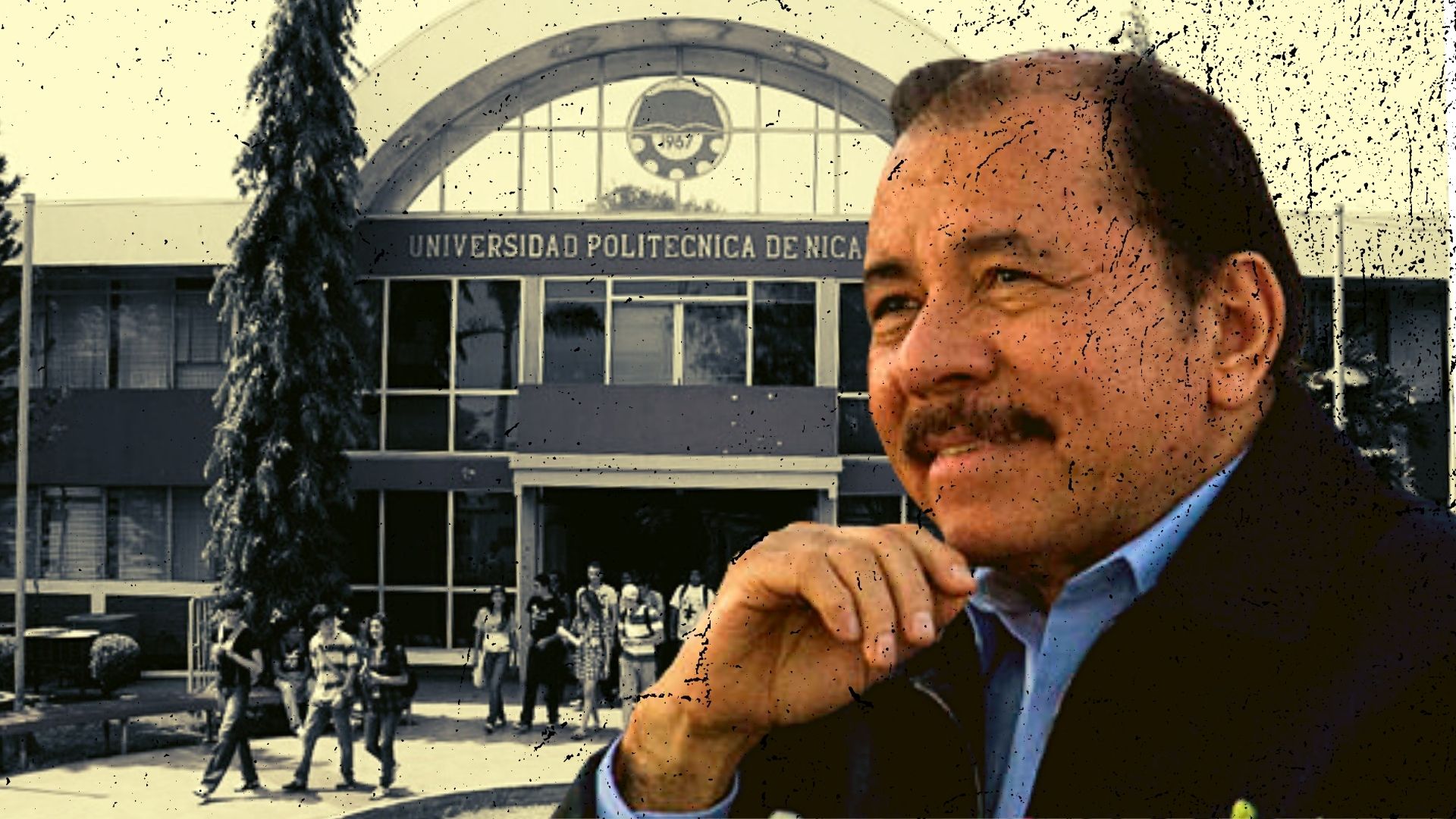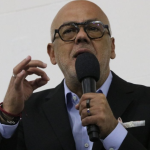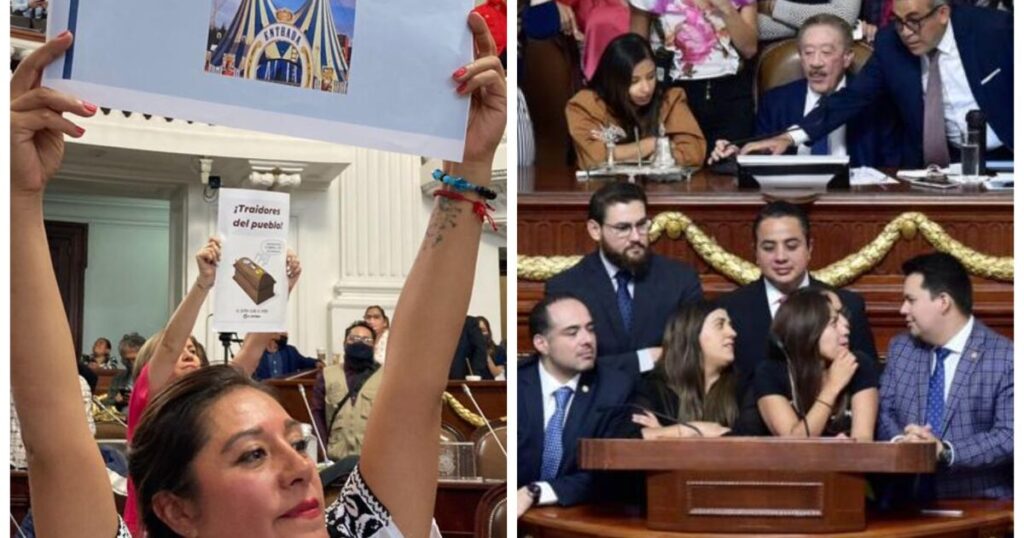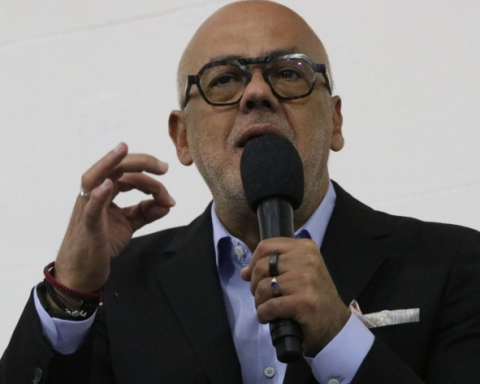By: Marco Aurelio Peña, Nicaraguan economist and lawyer
Ortega and Murillo: “The State is us”
Nicaragua is living its own Middle Ages. Political absolutism has led the country to a pre-modern obscurantism in the XXI century. From the ruling class the enemies of education and critical thinking plot conspiracies. The homeland of the great Rubén Darío testifies to a persecution against free thought. The flamboyant educators of the Sandinista Revolution such as Fernando Cardenal, Carlos Tünnermann and Alejandro Serrano Caldera could not have warned or suspected that the red and black monster would turn state power against academic freedom.
If the illustrious pedagogue Paulo Freire conceived education as a practice of freedom; the pro-government deputy Gustavo Porras sees it as an instrument of oppression. If a political philosopher asks: What is the State? Daniel Ortega and Rosario Murillo would respond from Managua: l’état c’est nous.
Policy of repression or cancellation and confiscation
After the questioned elections on November 7, 2021, the two-headed autocracy launched a repressive policy of illegal cancellation and confiscation to the detriment of 22 university associations as part of a state persecution against civil society organizations and educational institutions not related to the ruling party.
Related news: Ortega dictatorship buries university autonomy and removes the UCA from the CNU
Affected private universities are the following: Paulo Freire University (UPF), Polytechnic University of Nicaragua (UPOLI), Popular University of Nicaragua (UPONIC), Catholic University of the Dry Tropics (UCATSE), University of Humanistic Studies (UNEH) and the Hispano-American University (UHISPAM).
At least 14,000 students were affected by the cancellation and confiscation of the aforementioned universities, from whose irregular nationalization three new entities were created: 1) National Polytechnic University; 2) “Francisco Luis Espinoza Pineda” National University; and 3) National Multidisciplinary University «Ricardo Morales Avilés».
The modus operandi of the plan was as follows: the National Assembly, at the request of the Ministry of the Interior, decreed in record time and without prior legal process, the cancellation of the legal status of the aforementioned higher education institutions.
Immediately, the campuses were intervened by the National Council of Universities (CNU). Then he CNU announced that it would take charge of the intervened universities, imposed new academic authorities and set new fees, despite having converted them into public universities. This robbery of private higher education shows the breakdown of the rule of law, the subjugation of public powers to a political elite and an exceptional regime typical of a police state.
The right to abuse and the abuse of the right
The Nicaraguan state power has arrogated a right to abuse that consumes the violation of the right with impunity, given that:
The Ministry of the Interior did not accept the financial reports or the accompanying documentation from the university institutions to complete the requirements in a timely manner. This refusal was a ploy for the National Assembly to decree the cancellation alleging that the entities had not complied with presenting their financial reports and that their boards of directors were headless.
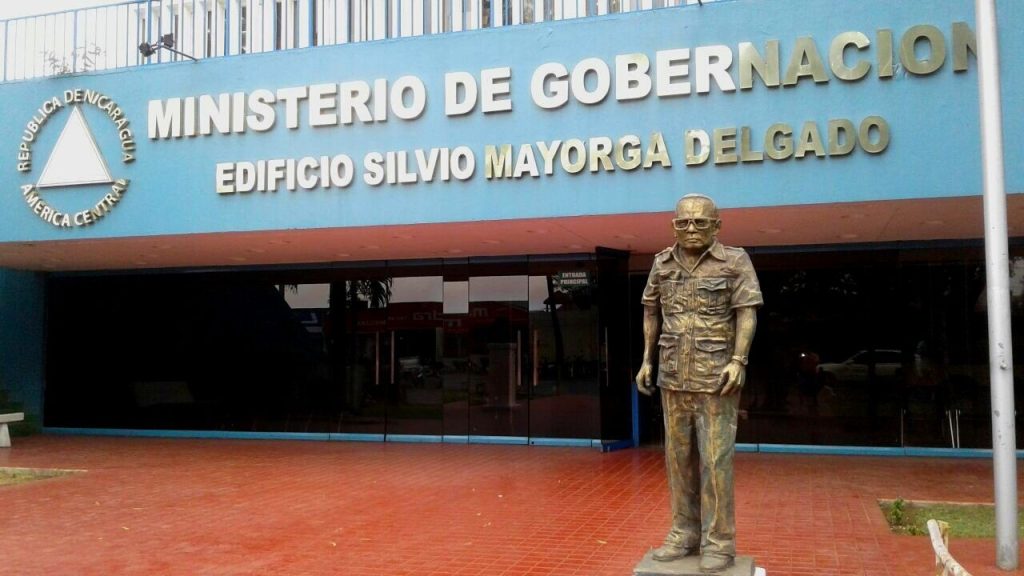
The cancellation, confiscation and occupation in record time was practiced illegally and unconstitutionally. Due process and the right to defense were not guaranteed in favor of the affected universities in accordance with the guarantees established in art. 34 of the Political Constitution of Nicaragua (CN). Nor were they allowed to use legal remedies to challenge such actions against their university assets. In fact, art. 44 Cn explicitly prohibits confiscation.
The cancellation decree is not based on art. 24 of the Law 147 on non-profit legal persons. The art. 25 of the same law prevents that the goods and shares of canceled associations will have the destination that their constitutive acts prevent. Only, in the absence of the foregoing, is that they can become the property of the State.
According to art. 56 of the Law 89 On university autonomy of higher education institutions, the CNU is a coordination and advisory body. Pursuant to art. 58 of the same law, the CNU does not have the power to occupy and intervene in private universities. There is already one reform to give supervening legality to everything acted by means of fact.
Related news: CNU will be made up of the universities created by Ortega
Under art. 125 of the Political Constitution and articles 8, 9 and 12 of the aforementioned Law No. 89, public and private universities have enjoyed university autonomy, which gives them a special legal status, precisely to protect themselves from the abuses and excesses of the incumbent governments. According to this constitutional article “Your assets and income may not be subject to intervention, expropriation or embargo”
The violation of the freedoms of thought, teaching and expression contravene what is contemplated in the Inter-American Principles on Academic Freedom and University Autonomy, enacted by the Special Rapporteurship on Economic, Social, Cultural and Environmental Rights (RESCER) of the Inter-American Commission on Human Rights (IACHR), which make it clear that academic freedom implies the right of every person to have access to teaching processes -Learning freely and without fear of reprisals.
Sociopolitical and human rights crisis
Why did the autocratic Ortega-Murillo regime do this? Four years ago, the social swarm of anti-government demonstrations was influenced by the belligerent action of university students who occupied as a protest the main campuses of public universities (in addition to the Polytechnic University of Nicaragua, then private).
Self-convened concentrations of student protest multiplied in different parts of the country and inspired the mobilization of other social actors. The young people –in addition to freedom, justice, democracy– demanded university autonomy and departidization of the campuses.
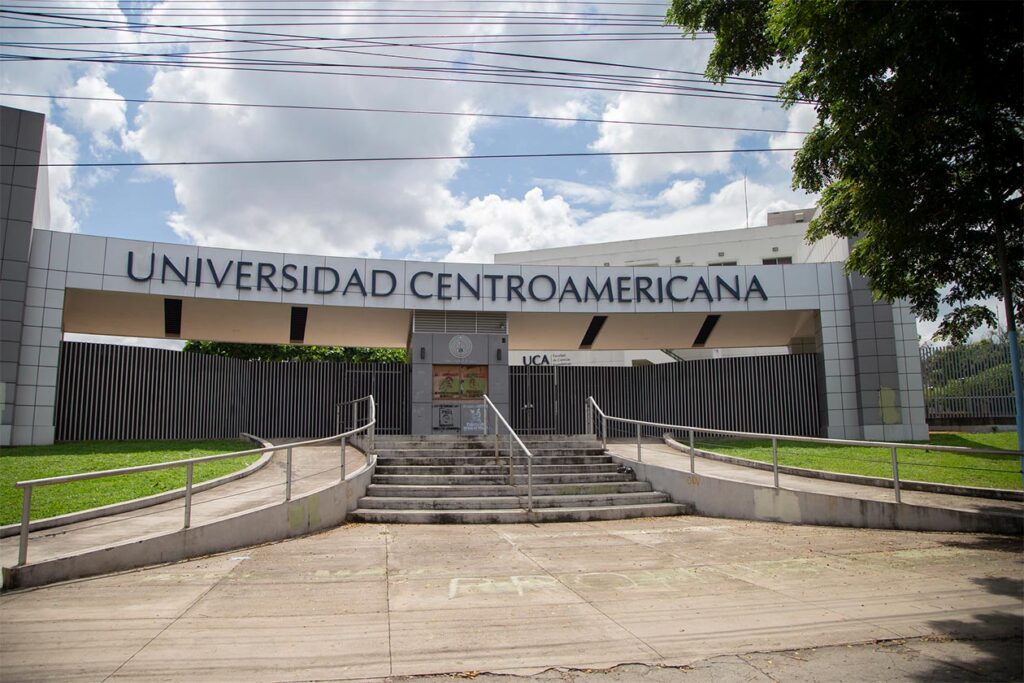
The wave of civic and peaceful demonstrations was harshly repressed by police and vigilante groups, causing a severe socio-political and human rights crisis, which in 15 and a half months, left a balance of fatalities equal to or greater than 355 people (of which 27 would be children and adolescents), at least 2,000 people injured and more than 1,600 people arbitrarily deprived of liberty.
To the date, they are estimated nearly 170,000 displaced for political and economic reasons. Additionally, Are accounted for more than 170 political prisoners (including older adults), more than 150 unjustified student expulsions university students and countless dismissals of public servants as political retaliation.
The regime regained party-political control over public universities. The political partisanship of the public university has been possible thanks to the “student” arm of the party in power within the campuses: the National Union of Nicaraguan Students (UNEN), on which a general reform was vigorously demanded in 2018.
Related news: Regime wants to dispossess to the UCA of the constitutional 6% as an “act of revenge”
As a political retaliation, in 2022 he will be reduced the budget item to the Central American University (UCA) and it was excluded from the National Council of Universities (CNU), this so that it would not be a beneficiary of the constitutional 6% also assigned to some private universities that receive public funds.
The confiscation of UPF revictimized students scholarship recipients who had suffered academic expulsion from public universities. These facts, in addition to the concern and international condemnation of the academic world, occur to the detriment of the higher education, academic freedom and university autonomy; however, does the government care about these universal values when indoctrination makes them omnipotent?
The contemporary struggle: dictatorship vs. democracy
The State in Nicaragua ceased to be an entity that theoretically encompasses the elements of authority, population, territory and identity. Instead of being the guarantor of human rights, it has become the most fearsome perpetrator.
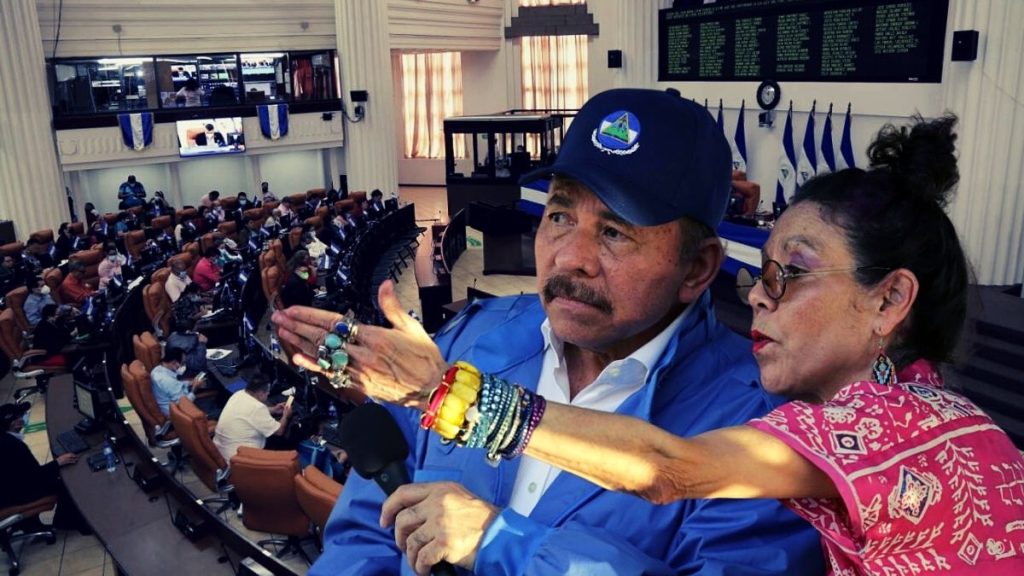
Legislative and judicial bodies are used as means of repression to criminalize those who oppose this state of affairs. It is a version sandinistized of the well-known Criminal Law of the enemy: lax laws for the friends of the State-party-family and harsh laws for the enemies.
The Nicaraguan experience indicates that the ideal of free universities, with free men and women, for free societies, is inherent in the fundamental antagonism in the Latin American political struggle on the contemporary scene: dictatorship vs. democracy.
